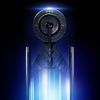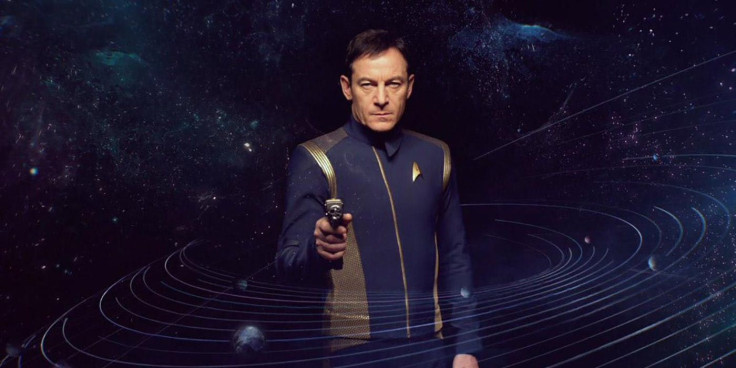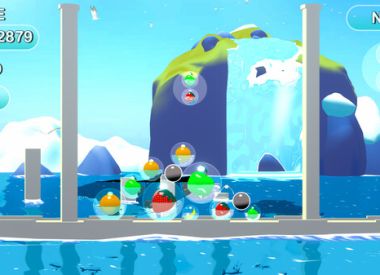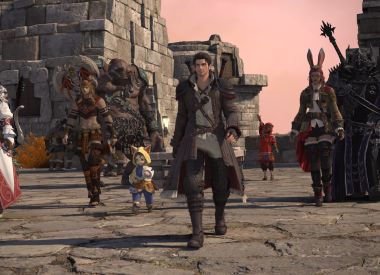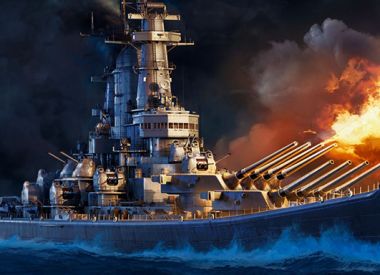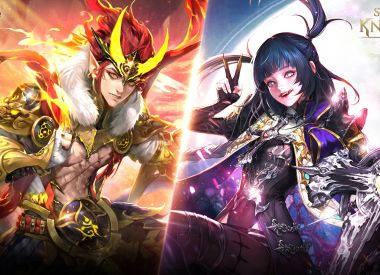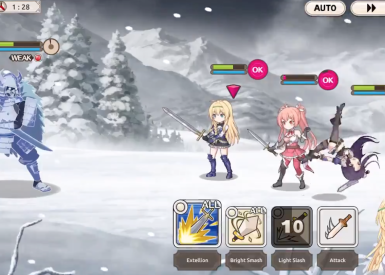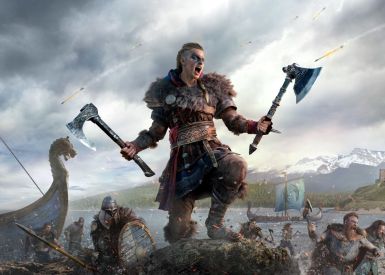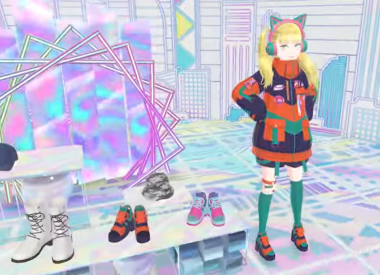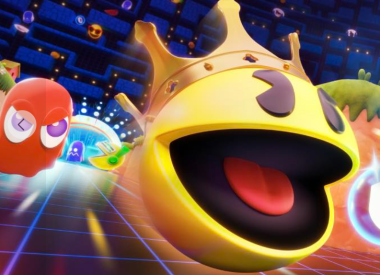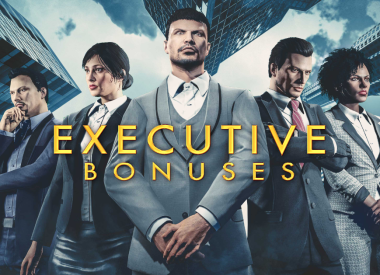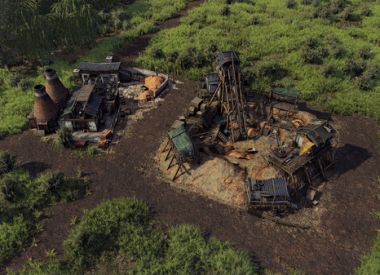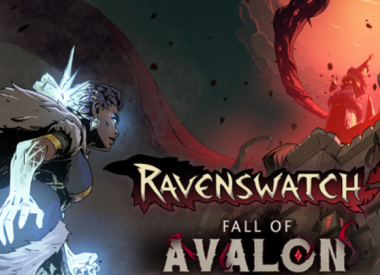When evil transpositions of Captain James T. Kirk and his landing party appear aboard the Enterprise in the Original Series episode “Mirror, Mirror,” beamed from a parallel universe by an ion storm, Spock has no problem sussing out their true nature. It doesn’t take Vulcan logic either; they’re clamorous maniacs. “It was far easier for you as civilized men to behave like barbarians than it was for them as barbarians to behave like civilized men,” Spock explains, once everything’s back in order. Their Evil Twins never stood a chance.
The same isn’t true for Gabriel Lorca, whose origin in the Mirror Universe came to light in the twelfth episode of Star Trek: Discovery, “Vaulting Ambition.” Throughout the Klingon War (and before), Lorca eluded detection, through both guile and the willingness of those around him to accept violations of Starfleet principles for the sake of wartime “pragmatism.” In exposing Lorca as his own evil twin, Discovery also exposed the frailty of Star Trek’s utopia and the societal corrosiveness of military power. We are no longer dealing with evil twins, but situational ethics and the dark possibility of our own damnation.
In TOS and Deep Space Nine, the Mirror Universe was always a silly place. The great appeal of a Mirror Universe episode, a formula established right from its introduction in “Mirror, Mirror,” was an opportunity for recognizable characters to act out of character. Mirror Uhura gets to menace Mirror Sulu. Mirror Kira Nerys becomes a pirate queen and surrounds herself with a harem of deep space boy toys. Mirror Spock acts functionally identical to Spock, but has a goatee. Sure, the Mirror Universe is an evil place, sometimes a menacing place, but it more often functions as a funhouse mirror, where characters can cut loose, swashbuckle, swagger a bit.
This isn’t untrue for Star Trek: Discovery, which has obviously enjoyed reskinning itself in bold, fascist strokes and armoring its characters in conqueror gold. But the show’s great innovation has been to transport its entire cast to the Mirror Universe, forcing its characters to become their evil twins, then pushing them into compromising positions with the grinding forcefulness of serial, multi-episode storytelling. By the second episode set in the Mirror Universe, “The Wolf Inside,” Michael Burnham is willing to execute her subordinates without trial to prevent blowing her cover.
As cogs in the Terran Empire’s vast wickedness, Burnham and the other Discovery crew members aren’t offered the absolution typically prepacked with evil twin narratives. As the “Mirror” label suggests, Star Trek’s evil twins reflect each character, but are also opposite in essence. Kirk doesn’t have to worry about becoming like his evil twin, because his evil twin has an opposite nature that Kirk will never have. The Mirror Universe characters depicted in Star Trek: The Original Series will forever and always be different from their Starfleet counterparts.
Star Trek: Discovery dispenses with that distance and the potential consolation it provides. Emperor Georgiou tells Burnham that light sensitivity is “the singular biological difference between our two races,” establishing that the difference between good and evil has nothing to do with their other-dimensional biology. Instead, we are lead to believe, anyone from the United Federation of Planets would participate in the Mirror Universe’s evil if they were soaked in its society and culture.
Mirror Universe Voq provides the most dramatic example. Hoping for insight into her Klingon enemy, Burnham presses Mirror Voq (known as Fire Wolf to the rebellion) for insight into Klingon honor. He provides a succinct explanation for his ability to fight alongside Vulcans, Andorians and Tellarites, something that would be an impossibility for the Voq we meet early in Discovery , a zealot in the xenophobic cult of T’Kuvma. “Klingons stand together and strong. It is only with our own Houses in order that we begin to invite others in.” The state of Klingon society, down to their political situation, inspired different behavior in a different version of Voq.
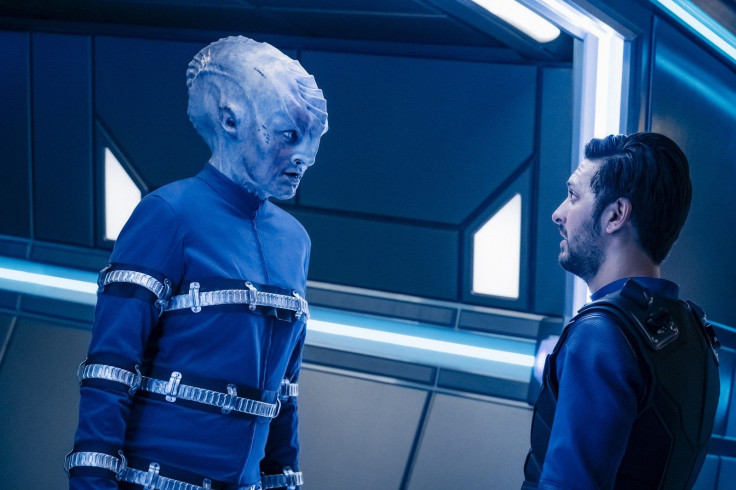
As captain of the Discovery, Lorca created the political conditions aboard ship. And while his powers were bound by the United Federation of Planets, he sure got a lot done (Starfleet might want to consider non-hierarchical command structures like those used by the Workers’ Party of Marxist Unification in the Spanish Civil War). In his brief tenure, he convinced or enabled Starfleet officers to violate regulations on human testing (Stamets’ implants), animal cruelty (the tortured tardigrade), accountability (Dr. Culber covering for Stamets’ instability) and wartime conduct. While Admiral Katrina Cornwell, with her outside perspective and authority, saw something wrong in Lorca, she was marginalized by his military successes, wartime expediency thwarting the outlines of democratic accountability.
A cruel society creates cruel people through fear and violence, Discovery argues. And well-intentioned people will enable it every step of the way. Lorca’s success in bending a utopian society to his own ends, short-circuiting all their noblest aspirations, isn’t so much a rebuttal of Star Trek’s inclusive, socialist values, but it is a denial of utopia as an endpoint. There will be no plateau where goodness wins out once and for all. Even in Star Trek’s future, humanity must struggle to live for each other and not in fear of each other.
- Richly redesigned Klingons
- Complex and explicable motives
- Great new Starfleet characters
- Incredible production design
- Generic space combat and action
- Too many flashbacks
- Eschews subtext, doesn't put enough faith in the audience

